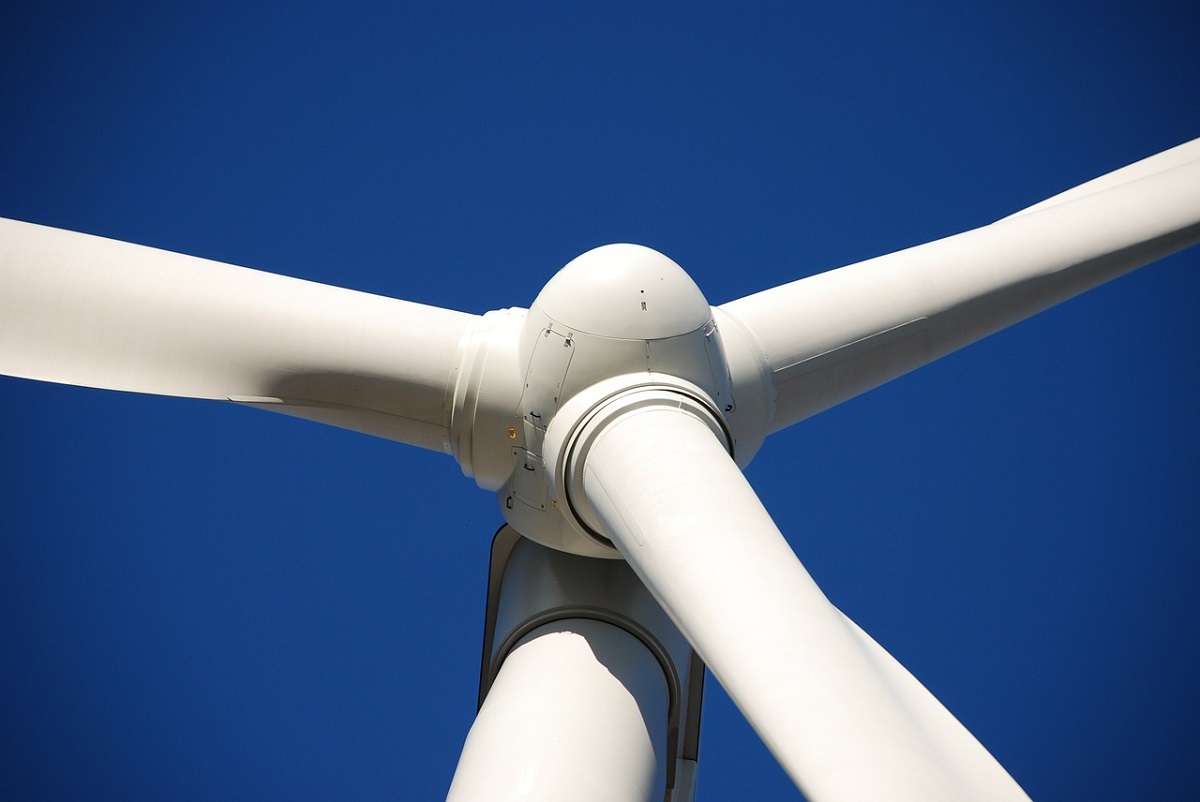The European Commission has announced a EUR 3.2 billion funding package to help 21 Western Balkan transport, digital, climate, and energy connection projects. With a total value of EUR 339 million, there are five projects in the renewable energy sector and two in the environment and climate sector.
According to the commission, it is the first significant package of projects under the European Union’s ambitious Economic and Investment Plan for the Western Balkans, which was enacted in October 2020. To get access to the funding, the region’s governments agreed on the Green Agenda Action Plan.
The funding package includes EUR 1.1 billion in EU funds from the Instrument for Pre-Accession Assistance 2021-2027 (IPA III), extra bilateral contributions from EU member states and Norway, and preferential loans from foreign lending institutions. The EUR 3.2 billion investment package is being channeled through the Western Balkans Investment Framework (WBIF), a multi-donor investment platform led by the EU that serves as the primary financial vehicle for implementing the Economic and Investment Plan in the areas of public infrastructure and private sector competitiveness.
The overall project cost for the five sustainable energy projects approved in 2022 is more than EUR 127 million.
The Vau I Dejs Floating Solar Photovoltaic Power Plant proposal is for the construction of a 12.9 MW facility in a reservoir of one of Albania’s major hydropower projects. According to the Commission, it will be the first medium-sized hybrid floating solar and hydroelectric project in the Western Balkans, as well as the first deployment of pure floats technology.
North Macedonia will get funding to build three solar power plants. Oslomej 1, Oslomej 2, and Bitola will be built on the site of an abandoned coal mine in Oslomej, next to the Bitola coal-fired power station.
The fourth project is for a section of the Trans-Balkan Electricity Corridor, with the goal of creating a viable regional market. The corridor should connect Serbia, Montenegro, Bosnia and Herzegovina’s electrical transmission networks to Croatia, Hungary, Romania, and Italy. A 400 kV interconnection between Serbia, Montenegro, and Bosnia and Herzegovina has been approved. The 84-kilometer twin overhead transmission line is scheduled to run from Bajina Basta in Serbia to the borders with Bosnia and Herzegovina and Montenegro.
The Advanced System for Remote Meter Reading in Serbia will aid in the implementation of smart metering in Serbia’s power distribution system. According to the Commission, the funding will be utilized for the first phase of smart meter rollout in Kraljevo, Chachak, and Nish.
The package’s only environmental and climatic initiatives are for wastewater treatment in Podgorica and Skopje.
The Podgorica Wastewater Treatment Plant will ensure that the wastewater generated in Montenegro’s capital is collected and treated in accordance with EU standards. A comparable facility in North Macedonia’s capital, Skopje, will serve nine of the city’s 10 municipalities and will have a capacity of 625,000 people equivalent.

